Introduction: Why the Rules Matter (and Why You’ll Thank Yourself Later)
Walk into an AP exam room prepared and calm, and you’ll save far more than ten minutes — you’ll save your focus. College Board rules exist to protect fairness, security, and the validity of your score. That sounds formal because it is formal: mistakes can lead to dismissals, canceled scores, or worse. But don’t let the seriousness make the rules scary. This guide translates the official guidance into a friendly, practical checklist so you know exactly what’s welcome on your desk and what absolutely must stay at home.
Who this guide is for
Whether you’re a first-time AP test-taker or a returning student switching from paper to digital exams, this post is for you. It focuses on the items College Board permits and prohibits for both paper-based and digital AP exams, highlights common pitfalls, and offers real-world strategies—like packing routines and tech rehearsals—that actually reduce stress on exam morning.
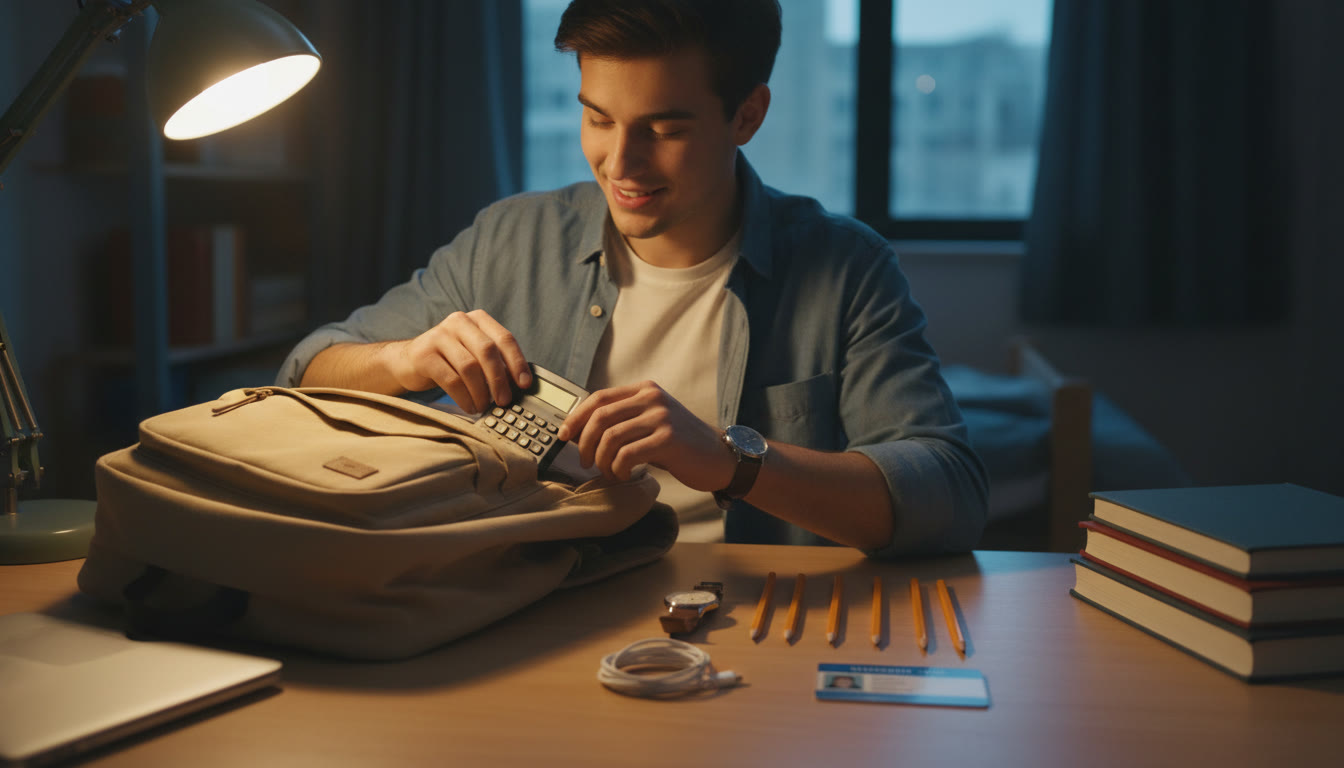
Quick Snapshot: The Essentials You Must Bring
Think of this as the “wallet list” that you check twice before you leave the house. These items are consistently allowed across AP formats (with small, subject-specific differences noted below):
- A watch that is NOT a smartwatch (helps you track time without relying on your phone).
- Government-issued or school photo ID — required if you’re testing at a school that isn’t your own.
- No. 2 pencils with erasers and pens with black or dark blue ink (requirements vary by exam format; bring both if you’re unsure).
- Approved calculators for calculator-allowed exams (up to two when permitted).
- For digital exams: your fully charged testing device (if using your own) with Bluebook installed and the charging cord or adapter.
- For tablet testers: an external keyboard (required for fully digital exams on tablets; recommended for hybrid digital).
- Any preapproved accommodations documentation specified by College Board.
Why each item matters
Small items like a working watch or extra pencils reduce friction. The Bluebook requirement for digital exams isn’t optional—you’ll need your College Board account info to sign in, and saving a password on the device doesn’t work. If your school supplies the device, double-check with your coordinator whether you should still bring a charger or keyboard.
What to Leave at Home (and Why)
College Board lists a number of prohibited items to protect security and fairness. Leaving these at home keeps you out of trouble and lets you focus on your work.
- Electronic devices that aren’t being used for the exam: phones, smartwatches, fitness trackers, Bluetooth earbuds, cameras, or any devices that can access the internet.
- All stylus pens and electronic writing instruments (these are treated like electronic devices).
- Books, notebooks, study guides, and loose papers—no scratch paper unless specifically provided by your proctor.
- Highlighters, colored pencils, and mechanical pencils when not permitted; only the pencil types and pens specified by the exam rules.
- Food and drink are not allowed in the testing room except under documented accommodations; during the scheduled break you may step out for a snack if the proctor permits.
- Privacy screens, separate monitors, clipboards, and any other device that could be used to hide notes or capture images.
Real-world trap: The smartwatch
It seems obvious, but students show up with smartwatches more often than you’d think. Even if the watch is only being used as a clock, it’s considered wearable technology and is prohibited. If you want a timepiece, bring a simple analog or digital watch that doesn’t connect to the internet.
Digital Exam Nuances: The Bluebook Era
AP testing continues to move toward digital delivery. If your exam is fully digital or hybrid digital, you’ll encounter additional rules that aren’t relevant to traditional paper exams.
Device rules in a nutshell
- Permitted devices include certain personal and school-managed Mac and Windows laptops, Chromebooks, iPads, and Windows tablets. (Check your school coordinator for the full approved device list and any recent updates.)
- Tablets: external keyboards are required for fully digital exams on tablets; for hybrid digital exams, they’re recommended but not allowed for laptop testing.
- Bring your charger and compatible adapter. Power banks are allowed but must remain on your desk for inspection.
- Bluetooth mice and keyboards are allowed in specific scenarios but must be fully charged and approved ahead of time.
Bluebook login and password reminders
You’ll need your College Board student account details to access the Bluebook testing environment. Don’t rely on a saved password on the device—practice logging into Bluebook before test day and make sure your account credentials work. If you’re testing at a school-provided computer, confirm whether you need to install Bluebook in advance or if your coordinator will provide devices already configured.
Calculator Guidance: Rules and Smart Choices
Calculators are permitted only on certain AP exams and are subject to strict rules about type and number. In many digital exams, the Desmos built-in calculator is available, which reduces confusion about model approval, but physical calculators are still allowed where specified.
Practical tips
- Bring two calculators only if the exam allows it. If one runs out of battery, you have a backup ready.
- Know your calculator’s memory clearing instructions; proctors may instruct you to clear memory before the test.
- Check whether your exam’s free-response sections permit calculator use. Some sections explicitly prohibit calculators even on calculator-allowed exams.
How Schools’ Protocols Affect You
Your testing site (the school administering the exam) may impose additional health and safety protocols or instructions. These are local rules designed for logistics or safety and do not override College Board policies, but you must comply with both. For example, some schools may request that masks remain on during testing or that hand sanitizer be stored beneath your desk.
Communicate with your AP Coordinator
Early communication prevents surprises. Ask your AP coordinator: What time should I arrive? Will the school provide devices? Are any special entry procedures or security checks required? Asking these questions a week in advance removes guesswork on exam morning.
Common Student Scenarios and Clear Answers
Let’s walk through problems students actually bring up, with clear, actionable solutions.
Scenario 1: I forgot my ID at home.
If you’re taking the exam at a school that is not your own, a photo ID is required. If you forget it, contact your AP coordinator immediately — they may accept a school-issued ID or verify your identity through other means, but this is at their discretion and could delay or prevent your testing. Avoid this by placing the ID on top of the other items in your bag the night before.
Scenario 2: My calculator battery dies mid-exam.
Bring a backup or fresh batteries. If the exam rules allow two calculators, bring both. If not, ask your proctor whether a spare is available, but don’t rely on this; proctors may not be able to provide replacements for every student.
Scenario 3: Do I need to bring both pencils and pens?
Yes—bring both. Hybrid digital exams often require No. 2 pencils (with erasers) for the multiple-choice sheet and pens for free-response booklet sections. For fully digital exams you’ll still need pencils or pens for scratch paper. Bringing both removes any confusion.
Exam-Day Checklist: Pack the Night Before
Use this checklist as your final packing routine. Place everything in a visible spot by the door so you don’t leave anything behind in the morning rush.
| Item | Bring If | Why |
|---|---|---|
| Watch (non-smart) | All students | Keeps time without violating electronic rules |
| Photo ID | Testing at another school | Required for identity verification |
| No. 2 Pencils & Pens | All students | Needed for answer sheets and free responses |
| Approved Calculator | Calculator-permitted exams | Necessary for certain sections and permitted by policy |
| Fully Charged Device + Charger | Fully or Hybrid Digital exams (bring if not provided) | Bluebook and exam delivery require it |
| External Keyboard | Tablets for fully digital exams | Required by College Board for tablet test-taking |
| Accommodations Documentation | If you have SSD approvals | Proof of approved adjustments |
Pro Tips That Top Students Use
Small habits add up to big advantages on test day. Here are practical, tested tips to keep your energy and focus high.
- Do a full tech rehearsal a week before the test: log into Bluebook, open any practice previews, and connect your external keyboard or mouse to confirm everything works.
- Label the items you’re allowed to bring—especially chargers and calculators—with tape and your name to avoid mix-ups in shared rooms.
- Pack extra lead or pencils in a small envelope; mechanical pencils are sometimes prohibited, so check exam-specific rules first.
- Plan your clothes: avoid shirts with subject-related information (some clothing is prohibited), and layer in case the room is too cold or warm.
- Practice with a clock: train yourself to split section time using a watch rather than checking your phone.
When Things Go Wrong: Security, Violations, and What to Expect
If you’re observed with a prohibited item during the exam or a break, the consequences can be serious: dismissal from the exam, confiscation of the item, score cancellation, and potential bans from future tests. The College Board enforces these rules strictly to protect test integrity.
How to prevent accidental violations
- Do a pre-exam check: remove everything from pockets (phones, earbuds) and place them in your bag or car.
- Double-check clothing for hidden notes or subject-related imagery.
- Ask your proctor if something unusual is allowed—never assume.
How Personalized Tutoring Can Ease Exam Day Stress
Rules and logistics are part of the preparation puzzle — but so are strategy and confidence. Personalized tutoring can make a tangible difference. For students who work with tailored tutors, it’s not just about learning content; it’s about simulating test conditions, rehearsing the timing strategy, and practicing the exact movements you’ll do on exam day (like using a calculator correctly or completing Bluebook tasks). Sparkl’s personalized tutoring, for example, offers 1-on-1 guidance, tailored study plans, expert tutors, and AI-driven insights that help students practice under realistic conditions so they’re not figuring out the logistics on the day of the test.
What to ask a tutor related to exam-day logistics
- Can we do a timed, Bluebook-style practice so I’m comfortable with the interface?
- Do you simulate exam-day constraints (no phone, limited materials) during practice?
- Can you help me create a packing checklist for the night before?
Final Checklist: Day-Of Timeline
Use this timeline to structure your exam morning so you arrive calm and ready.
- Night before: Charge devices, pack your bag, set out clothes, refill water, place ID and watch by the bag.
- Two hours before: Eat a familiar breakfast. Avoid heavy or unfamiliar foods that might upset your stomach.
- One hour before: Do a quick tech check (if using your device), take a short walk or light breathing exercises to calm nerves.
- Arrival: Get to the exam site early so you can handle any last-minute checks or instructions.
- Before testing begins: Listen closely to proctor instructions, put prohibited items away, and confirm with the proctor if you have any permitted accommodations.
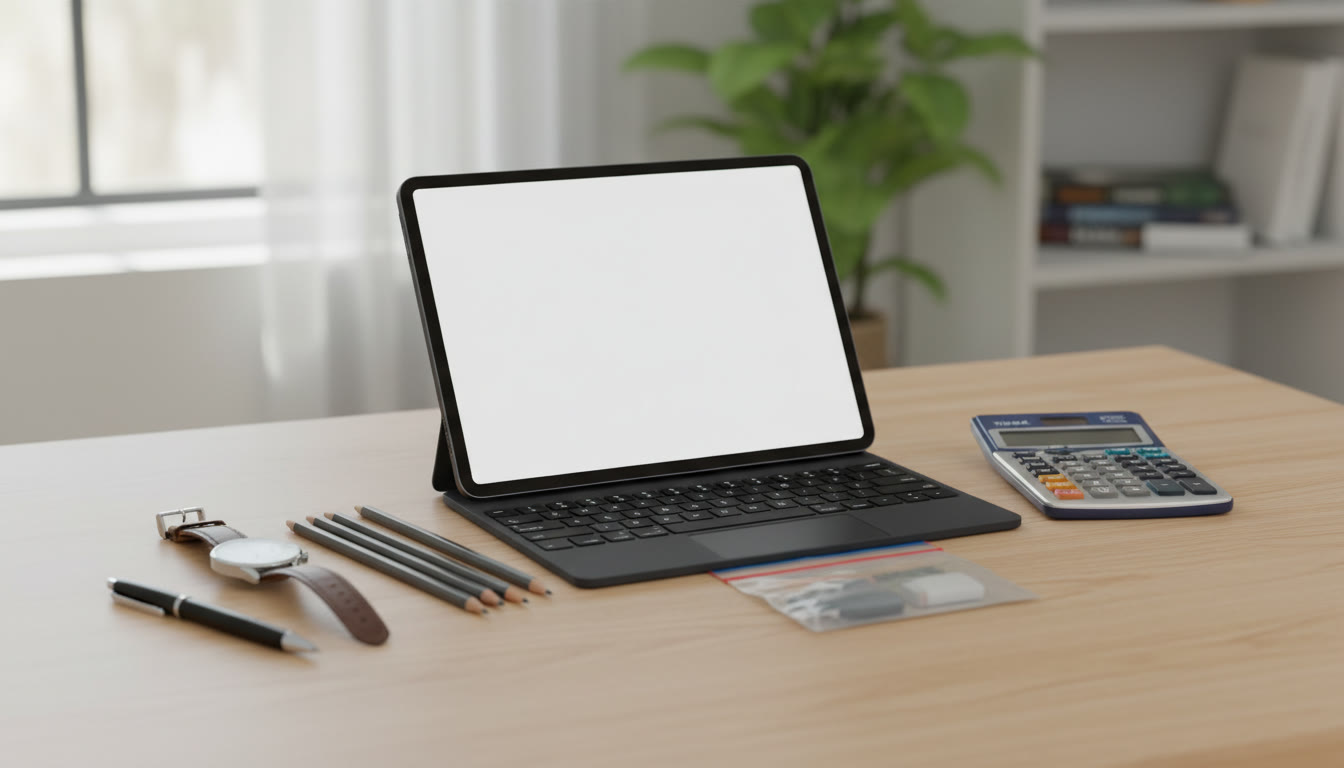
Parting Advice: Confidence Is a Routine
The rules themselves are straightforward. The trick is turning them into habits. Create a pre-exam routine, rehearse the tech needs, and make a habit of packing the night before. That routine is the single best confidence booster: when you know the logistics are solved, your energy goes straight to what matters — thinking clearly and applying what you learned.
One last practical checklist (printable)
- Photo ID — CHECK
- Watch (non-smart) — CHECK
- No. 2 pencils, pens — CHECK
- Approved calculator(s) — CHECK if required
- Device with Bluebook + charger — CHECK for digital exams
- External keyboard for tablets — CHECK if needed
- Accommodations documentation — CHECK if applicable
- Comfortable layers of clothing — CHECK
Follow these guidelines, practice with the exact materials you’ll use on test day, and keep a calm packing ritual. If you want targeted practice under real exam conditions or help building a personalized plan—especially to rehearse Bluebook or calculator use—consider a short series of 1-on-1 sessions. Tutors can transform checklist anxiety into confident routine, helping you focus where it matters most: showing what you know.
Quick Recap
Bring only what’s allowed: a non-smartwatch, ID when required, pencils and pens, approved calculators where applicable, and the right tech and chargers for digital exams. Leave phones, smartwatches, books, and other prohibited items at home. Communicate with your AP coordinator, rehearse the tech, and follow a consistent packing routine. And if you need a helping hand practicing under test-like conditions, personalized tutoring can be a practical and reassuring part of your prep.
Good luck — and breathe
AP exams matter, but they don’t define you. Do the practical preparations, walk in with a clear plan, and let your preparation speak for itself. You’ve got this.

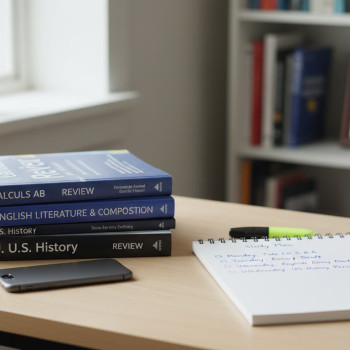
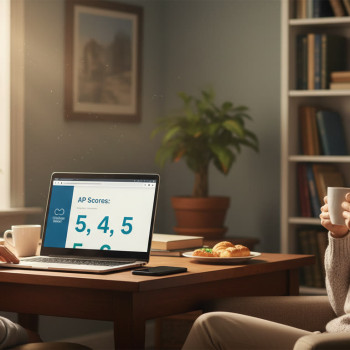
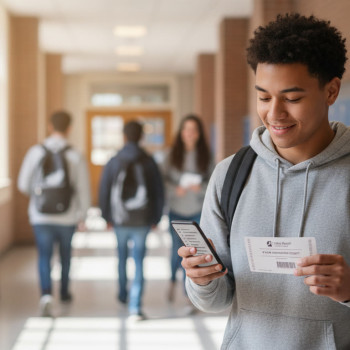
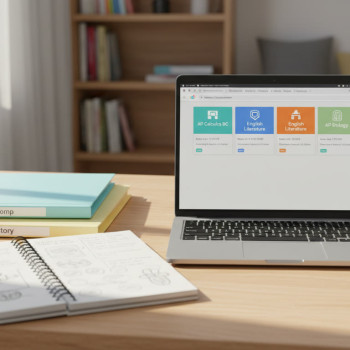








No Comments
Leave a comment Cancel